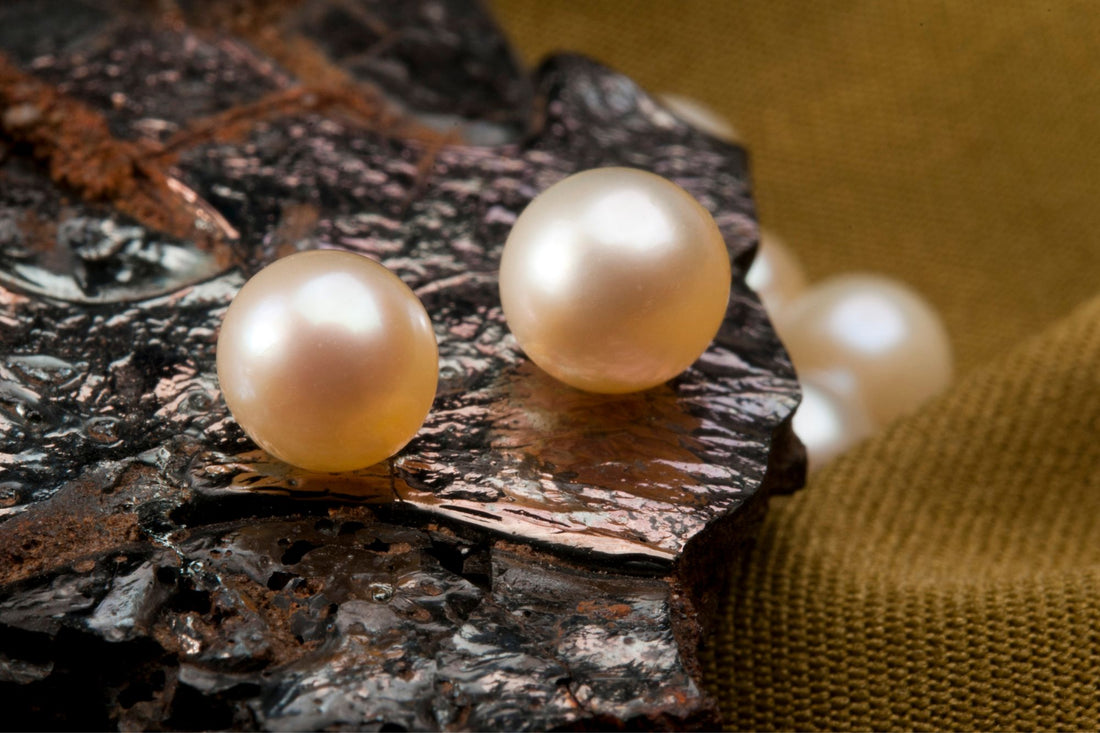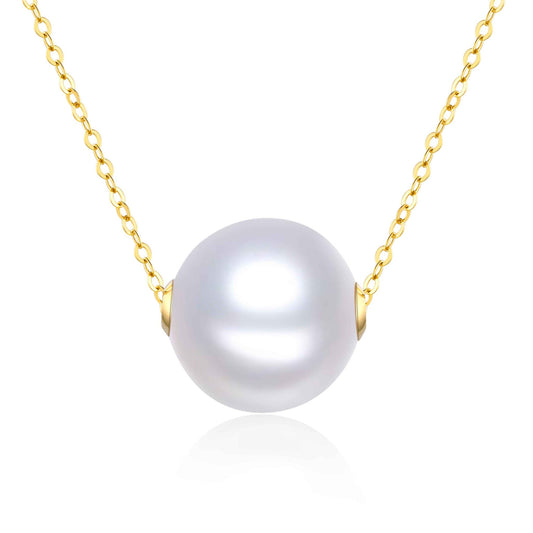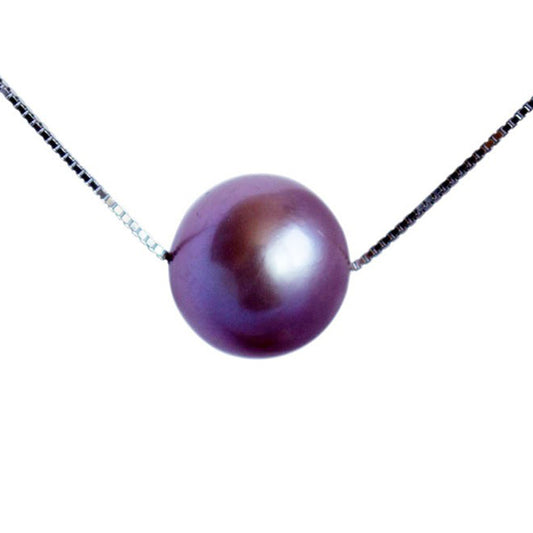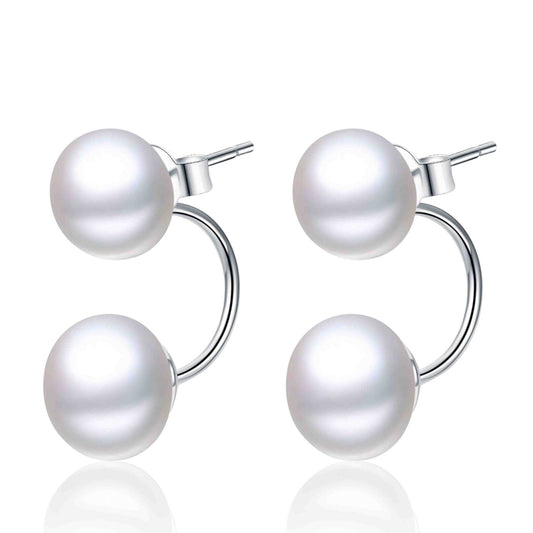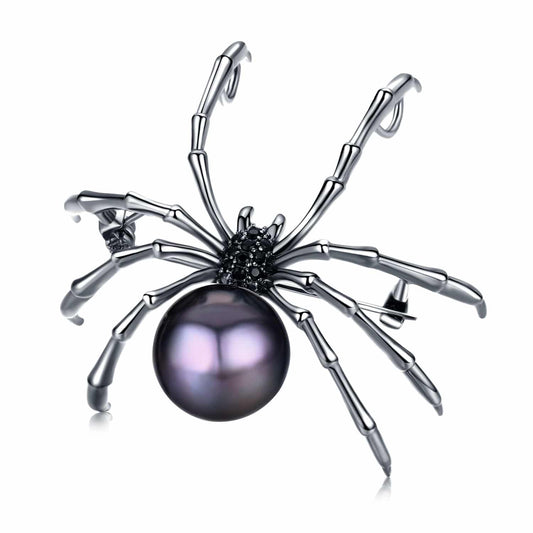Britain’s first female prime minister, Margaret Thatcher embodied her nickname “The Iron Lady” for her tough and uncompromising personality. A hero to many strong-willed women around the world, not only did she have many obstacles in her path, she embraced them when something broken needed fixing, and there was no-one else to do the job better than what she could. This is another installment of the Living like a Pearl series. Find the other stories here.
________
Margaret Thatcher’s headstrong perseverance, talent and drive led her to achieve many “firsts”. She was the youngest woman in history to be promoted to Parliamentary Under-Secretary at the Ministry of Pensions and National Insurance in 1961. In 1970, she was appointed as the Education Secretary, which made her the only female in Cabinet. In 1975, she became the first woman to lead a major political party in the United Kingdom when she was elected leader of the Conservative Party. And in 1979, she became Britain’s first female Prime Minister, a position she kept until 1990.
Thatcher was born in 1925 as Margaret Hilda Roberts in Grantham, Lincolnshire. She graduated from Summerville College, Oxford in 1947 with second-class honours in chemistry. Before entering politics, she worked as a research chemist for a short time. She went on to become a barrister, and, in 1959, she was elected as a Member of Parliament for Finchley.
In 1953, she married Denis Thatcher, a businessman, and two years later gave birth to their twins, Carol and Mark.
The hallmark of Margaret Thatcher’s legacy is breaking the long-standing tradition and prejudice against women to rise to the very top in British politics. In an interview with BBC Television in 1979, she said, “I don’t think there will be a woman Prime Minister in my lifetime,” a prediction she proved wrong herself soon afterward.
She became known as “The Iron Lady” for her tough and uncompromising stance. The “Iron” metaphor would become a nickname for other strong-willed female politicians.
As the Prime Minister of the United Kingdom throughout the 1980s, she was often labeled as the most powerful woman in the world. Domestically, she established many free-market reforms, implemented the controversial poll tax and reduced the power of trades unions. Internationally, she developed a strong relationship with US President Ronald Reagan, and cultivated a working relationship with the Russian leader, Mikhail Gorbachev, during the final years of the Cold War. She battled the IRA, rising unemployment, and faced a lot of criticism. Rather than her politics, she was often attacked for trivial things like her hair, clothes, and even her voice.
Thatcher was not afraid of saying something controversial and unpopular if she strongly believed in it. She was a leading force in undermining the power of the Soviet Union; the Soviet leaders were surprised when she denounced their regime as the “embodiment of inhumanity.” When the Argentinean Army invaded the Falkland Islands, she immediately sent the British Force to reclaim the islands, despite fierce criticism.
Margaret Thatcher once said that her greatest achievement was that she had shifted the political spectrum to the right. She believed in individual authority and responsibility, and freedom of choice. She served as Prime Minister for 11 years – the longest-serving British PM of the 20th century – and left an unequaled mark on the economy and political landscape of the UK and the West.
She died at the age of 87 in 2013 after having a Stroke, but her legacy lives on. A true trailblazer, women everywhere who want to forge their own path and become the best they could be, would forever look up to Margaret Thatcher as an example.
